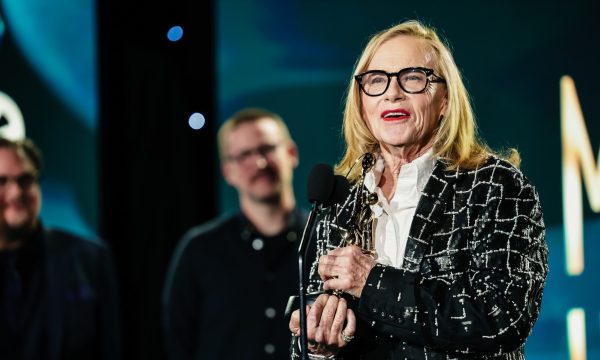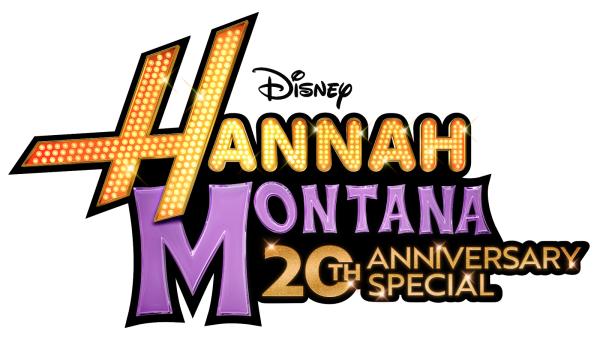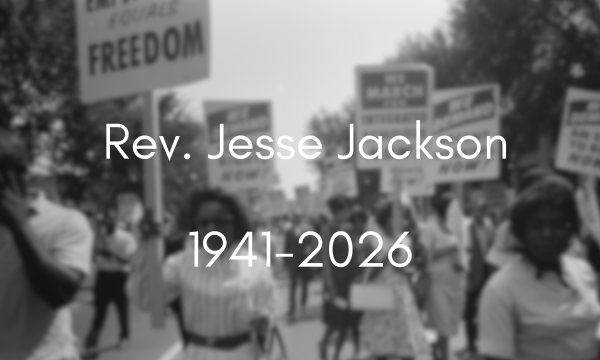For over two decades, Wikipedia has served as a go-to source for accessible, crowd-sourced information across the globe. But today, the platform is facing a storm of legal, editorial, and technological pressures that threaten its long-standing role as the digital world’s reference backbone.
Wikipedia’s parent organization, the Wikimedia Foundation, is currently embroiled in legal battles that could reshape its operational landscape.
In the United Kingdom, the Foundation is challenging the Online Safety Act, a sweeping new regulation aimed at reducing harmful content on the internet. Wikimedia argues that the law’s requirements are “flawed and burdensome,” placing undue responsibility on a nonprofit, volunteer-driven platform. The concern is that Wikipedia might be forced to over-censor or restrict contributions, undermining its open-edit model.
Meanwhile, in India, Wikipedia is under fire from Asian News International (ANI), a major news agency that has filed a defamation suit. ANI claims that its Wikipedia article falsely characterizes it as a tool of government propaganda and a distributor of misinformation. The Indian courts have ordered Wikimedia to disclose the identities of editors who contributed to the article, challenging one of Wikipedia’s core principles: editor anonymity.
Technological changes are also challenging Wikipedia’s dominance. AI tools like ChatGPT have shifted how people seek and consume information, often providing faster, conversational answers without requiring users to visit an external site.
Internally, Wikipedia is struggling to maintain neutrality and editorial cohesion in an era of increasingly polarized global discourse.
Despite its nonprofit status, the Wikimedia Foundation has faced increasing scrutiny over its financial management. While it has raised hundreds of millions of dollars from public donations, questions remain about how those funds are allocated. A significant portion of the money sits in an endowment, and critics argue that its management lacks transparency.
Whether the platform can adapt—while staying true to its founding ideals of openness, neutrality, and public service—remains to be seen.














